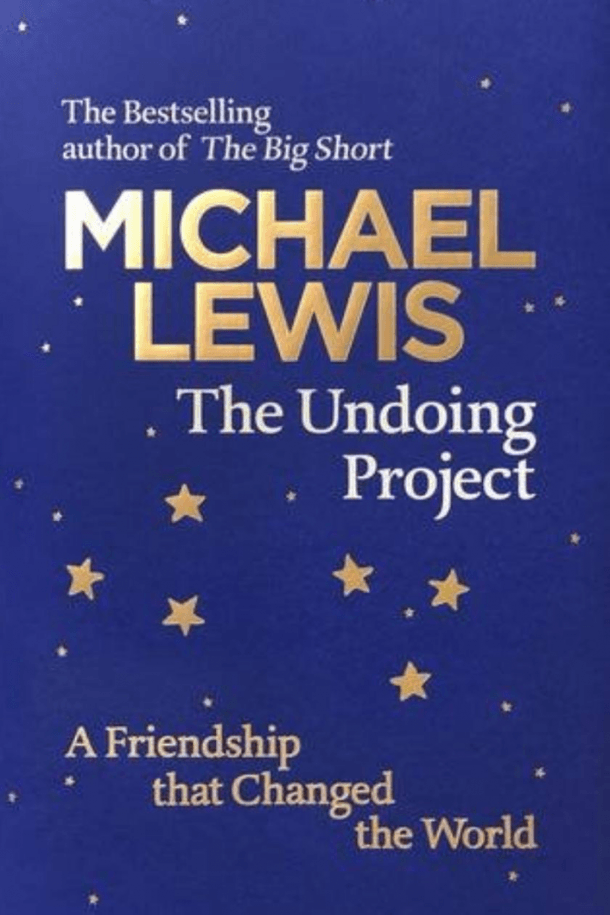
And what was going on while I was working on the book? The story was dying off before my eyes. Michael: And Amos Tversky’s son was my student at Cal, and the Tversky family kind of opened up the archives and their lives to me in a really generous way, and it became pretty clear at some point - no one else was going to have the access. Because I know you now.” I mean, I got to know him over years. Actually, my line to him was, “Someone’s going to do it, and it’s going to probably be done badly, and if anybody’s going to get a chance to do it badly, you should just let me do it badly. And I did think at some point - and this is how I sold Danny Kahneman on the idea of letting me do this - that they’re so important, somebody one day is going to feel the need to do this book, and it might as well be me. My touchstone with books is always, are the characters good enough? And they were such good characters that I thought, this will work. But what really charged me was the attempt, the possibility of writing this weird love story and taking these two guys’ ideas and the generation of the ideas and roughing it up against their consequences in the real world. If I thought, this is something I’ve kind of always known about, I probably would have been less enthusiastic about it. So, I came to it with a freshness, and that probably helped. There are huge gaps in my education and this was one of them. It’s a wonder that I hadn’t heard of them before. Nate: Well, this is why it’s kind of strange to hear you say that you hadn’t heard - because it’s so implicit in so many things you’ve written about, right? Kind of errors in judgment and people from the outside detecting those errors in judgment, sometimes finding ways to profit off them in different ways. You probably were familiar with their papers. Most of the ideas, I bet, were already familiar to you. Anyway, your question was, like, how did I decide to write about these guys, and there were a couple things going on. So, he builds the algorithm to determine who is going to be an officer and is training Israeli fighter pilots and tank commanders, so they’re mixing it up in the world in all kinds of ways that actually informs their work. So you have Danny Kahneman - who I think is probably by nature a French intellectual - but ends up redesigning the Israeli army’s personnel system.

And also, it was a place where even the most ethereal, academic psychologists felt the need to pitch in and do practical things. Michael: It’s like more Silicon Valley than Silicon Valley. So, I liked the frontier spirit where it’s just kind of a new country and it’s relatively hospitable to new ideas…. Nate: Well, now I want to go after reading the book.


 0 kommentar(er)
0 kommentar(er)
